News
.jpg?version=7102&width=640)
June 17
Dancing with AI on Nemo’s Rooftop >
On the brand-new rooftop terrace of Amsterdam’s NEMO Science Museum, an early morning rave turned into a live experiment in human-AI interaction. As part of a week-long rooftop festival celebrating the new space, dozens of visitors gathered at dawn not just to dance, but to help steer the music itself using artificial intelligence.
read more >
_(1)_(2).jpg?version=7177&width=640)
June 16
AI at the Bedside: Turning Innovation into Care at ZORG2040 >
From promise to practice: AI at the bedside.
read more >
_(1).jpg?version=7130&width=640)
June 16
Why You Don’t Need to Understand AI to Join the Conversation >
AI is rapidly transforming society but how do we ensure everyone can take part in the discussion, not just the experts? Dagmar Heeg, adviser at NEWS and PhD graduate in critical AI literacy, argues that understanding the technical details isn’t a prerequisite for meaningful engagement.
read more >

June 15
Quantum Tech Moves from Lab to Life – Dutch Universities of Applied Sciences Lead the Way >
From theory to impact: how the Netherlands is accelerating quantum innovation
read more >
_(1)_(1).jpg?version=7173&width=640)
10 June
CWI joins forces with startup Raynetics to push the frontiers of 3D image reconstruction >
AI-driven microscopy meets computational imaging excellence.
read more >
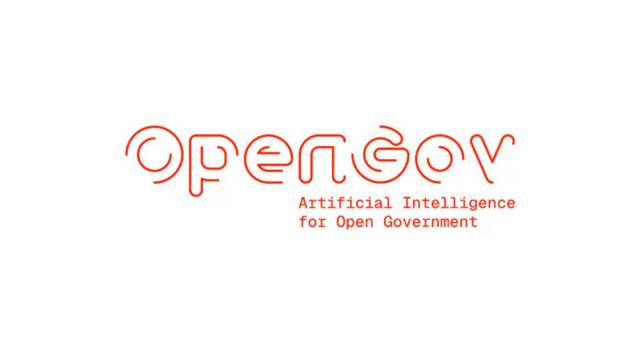
June 3
New ICAI OpenGov Lab Aims to Make Government Information More Accessible and Understandable >
Amsterdam, 28 May 2025 — The University of Amsterdam (UvA) and the Dutch central government have jointly launched the ICAI OpenGov Lab, a new research initiative focused on improving the accessibility and interpretability of public sector information through cutting-edge artificial intelligence (AI) technologies. The lab will focus on two major AI domains: Information Retrieval (IR) and Natural Language Processing (NLP). Its goal is to make open government data easier to find, enrich, and understand for citizens, journalists, researchers, and policymakers alike.
read more >
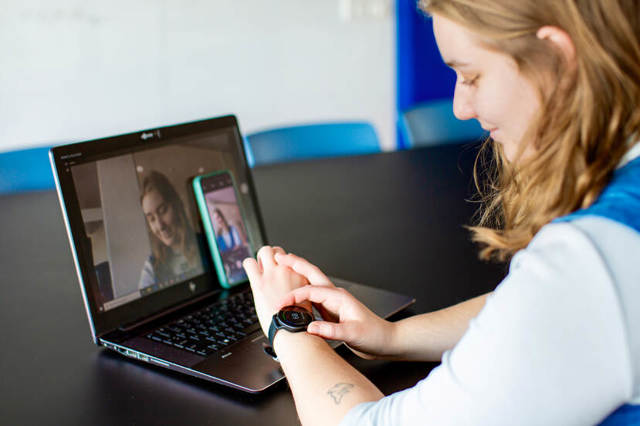
Heartbeat analysis helps unmask deepfakes >
Researchers from NFI and UvA present an innovative method to detect deepfakes by analyzing subtle facial color changes that follow the rhythm of the heartbeat.
read more >

June 8
New AI model ‘Aurora’ promises breakthrough in disaster forecasting >
An international research team including UvA scientists has introduced Aurora, a powerful AI model that dramatically improves forecasting for air quality, ocean waves, and extreme weather events.
read more >
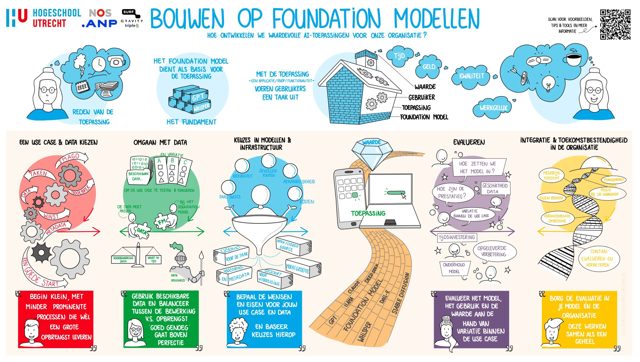
May 29
Building responsibly on foundation models: practical guide by Utrecht University of Applied Sciences and RAAIT >
Researchers from RAAIT have published a practical guide for organisations aiming to develop AI applications using foundation models. The guide supports responsible decision-making.
read more >
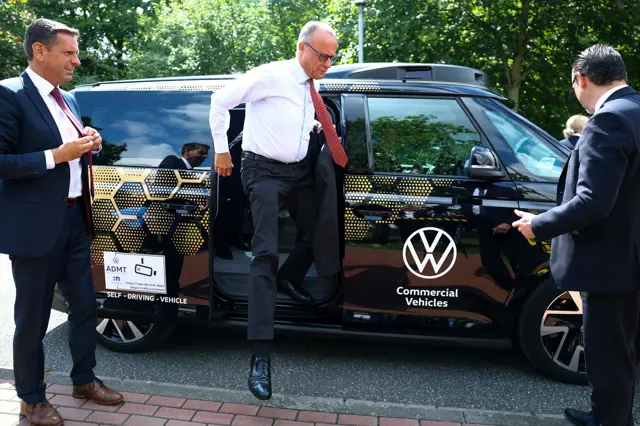
August 13
Volkswagen’s self-driving e-shuttles — coming to Amsterdam next? >
Volkswagen is testing autonomous e-shuttles in Hamburg and aims to roll them out across European cities within two years, Amsterdam included.
read more >
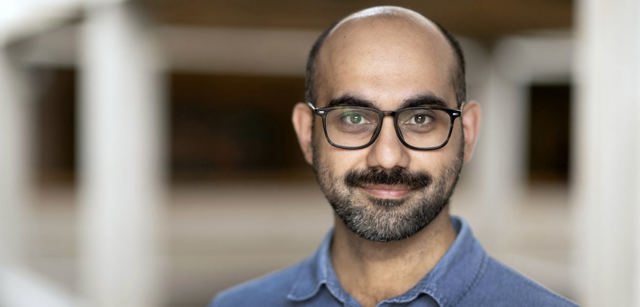
August 13
Podcast: finding religious meaning and identity through AI >
How can AI help rediscover religious texts and identity? In the latest episode of Studio VU, Yusuf Çelik shares his story.
read more >
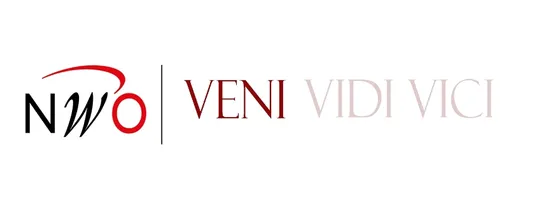
July 22
Veni grants for 28 UvA and Amsterdam UMC researchers >
The Dutch Research Council (NWO) has awarded Veni grants to 28 researchers from the University of Amsterdam and Amsterdam UMC.
read more >
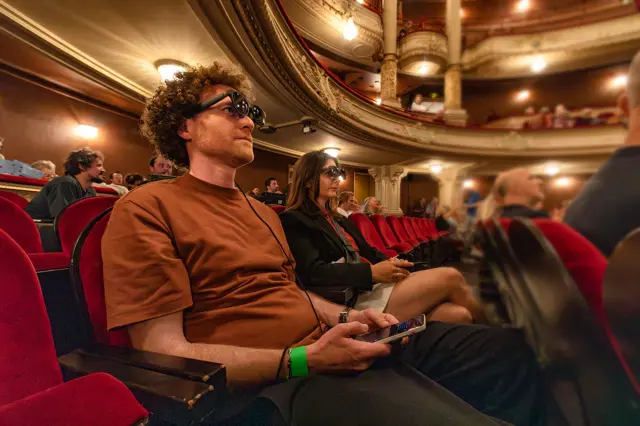
July 10
AI glasses display live subtitles in the theatre >
Het Nationale Theater is testing AI-powered glasses that provide real-time subtitles during performances—including translation into over 230 languages.
read more >
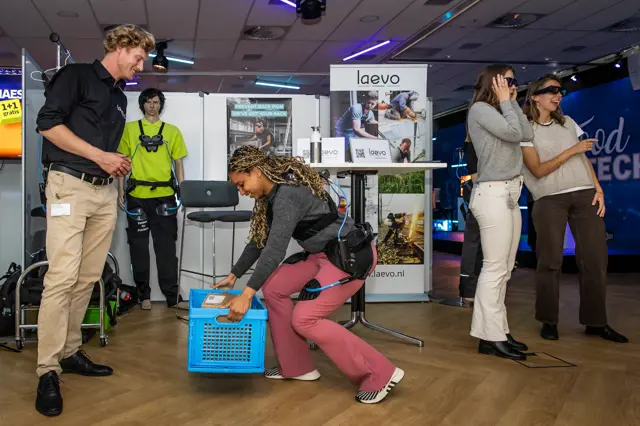
July 10
Albert Heijn explores AI use, but avoids the hype >
At its FoodTech Week, Albert Heijn showcases how AI is already used across logistics, pricing, and customer interaction—yet refuses to adopt a separate AI strategy.
read more >